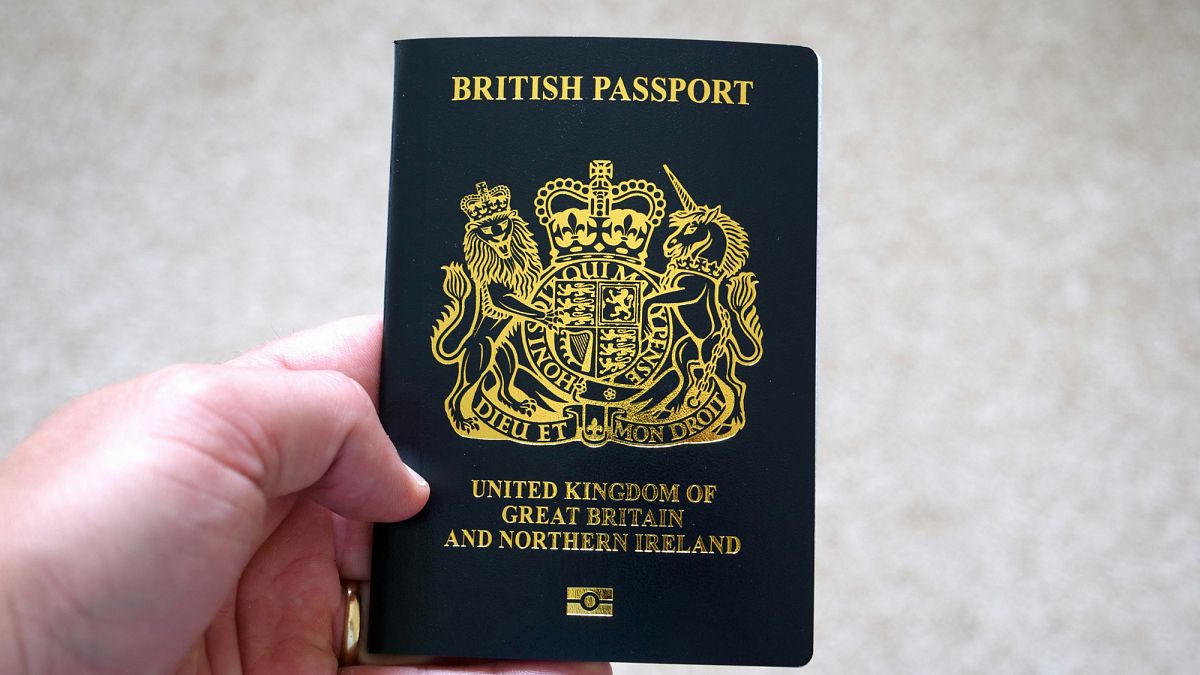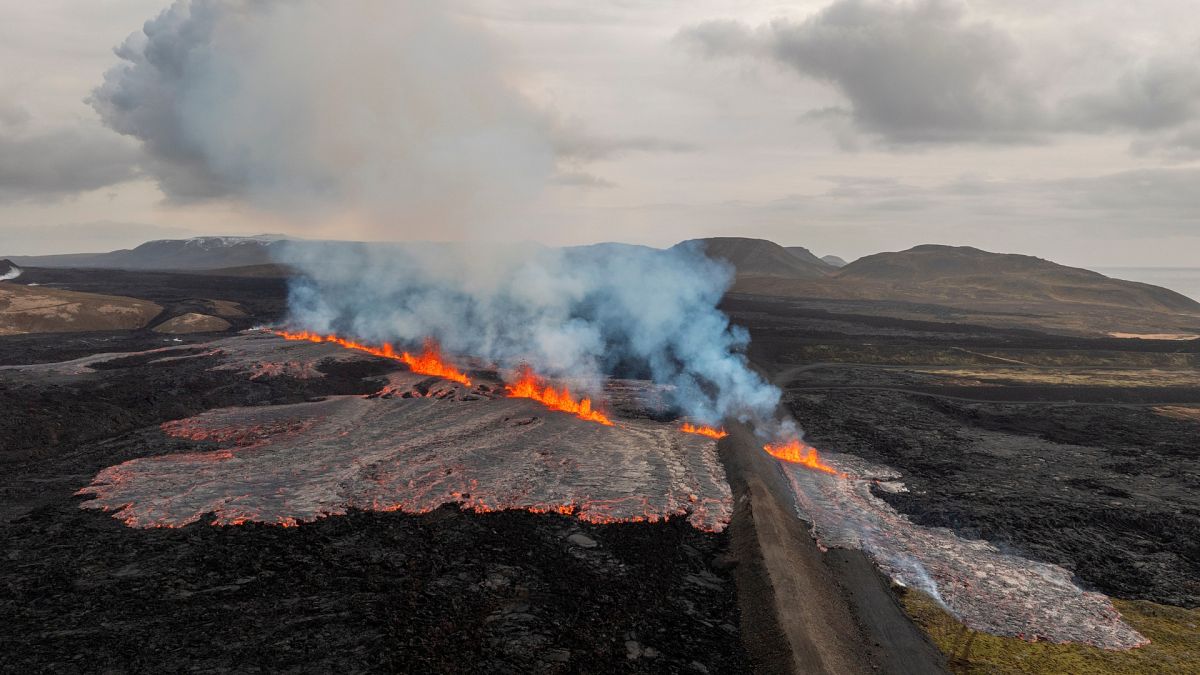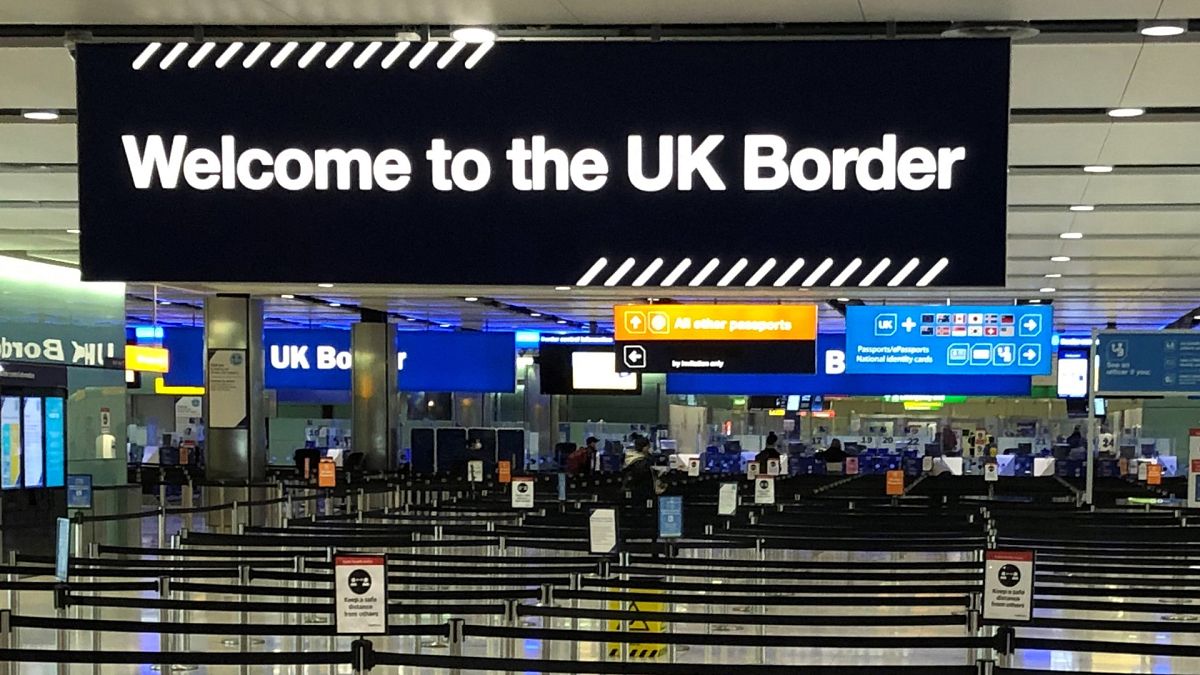US lawmakers passed a law this year requiring TikTok's parent company to sell the short form video platform or face a ban.
An American appeals court upheld a law that requires the Chinese company ByteDance to divest from TikTok by next year or face a ban in the United States.
A three-judge panel on The US Court of Appeals for the District of Columbia Circuit ruled unanimously on Friday that the law withstood constitutional scrutiny, rebuffing arguments from the two companies that the statute violated their rights and the rights of TikTok users in the US.
This is what happened in the ruling and what could happen next:
What does the ruling say?
TikTok and ByteDance, who were also plaintiffs in the case, challenged the law on various fronts.
They argued in part that the statute ran afoul of the First Amendment and was an unconstitutional bill of attainder that unfairly targeted the two companies.
But the court sided with attorneys for the Justice Department who said that the government was attempting to address national security concerns and the way in which it chose to do so did not violate the constitution.
What happens next?
TikTok and ByteDance are expected to appeal the case to the Supreme Court, but it is unclear whether the court will take up the case.
TikTok indicated in a statement on Friday the two companies are preparing to take their case there, saying the Supreme Court has “an established historical record of protecting Americans’ right to free speech".
"We expect they will do just that on this important constitutional issue,” a company spokesperson said.
Alan Morrison, a professor at The George Washington University Law School, said he expects the Supreme Court to take up the case because of the novelty of the issues raised in the lawsuit.
If that happens, attorneys for the two companies still have to convince the court to grant them an emergency stay that will prevent the government from enforcing the January 19 divestiture deadline stipulated in the law, Morrison said.
Such a move could drag out the process until the Justices decide.
What about Trump?
Another wild card is President-elect Donald Trump, who tried to ban TikTok during his first term but said during the recent presidential campaign that he is now against such action.
The Trump transition team has not offered details on how Trump plans to carry out his pledge to “save TikTok".
But spokeswoman Karoline Leavitt said in a statement last month that he plans to “deliver” on his campaign promises.
After Trump takes office on January 20th, it would fall on his Justice Department to enforce the law and punish any potential violators. Penalties would apply to any app stores that would violate a prohibition on TikTok and to internet hosting services which would be barred from supporting it.
Some have speculated that Trump could ask his Justice Department to abstain from enforcing the law.
But tech companies like Apple and Google, which offer TikTok's app on their app stores, would then have to trust that the administration would not come after them for any violations.

 3 months ago
31
3 months ago
31






 We deliver critical software at unparalleled value and speed to help your business thrive
We deliver critical software at unparalleled value and speed to help your business thrive






 English (US) ·
English (US) ·